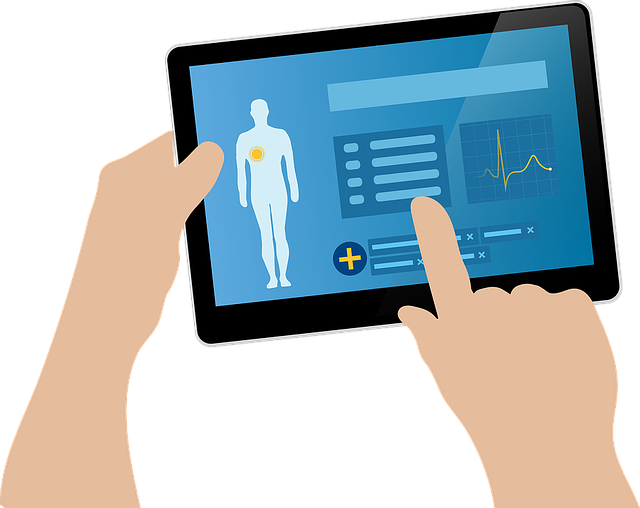
Technology has made the healthcare sector more efficient by using computers to pick up the issues that doctors miss. With the world slowly adapting to technological changes, the healthcare sector should be no different.
In fact, the best part about the healthcare sector adapting technology is that it could potentially save our lives in the future.
To gauge your interest, check out Charlie’s posts on the top UK medical start-ups and Oli’s post on the top NHS AI developments in 2021.
One example of said technology is the NHS’ use of AI-assisted scans to find patients at risk of heart disease. The technology can help treat patients years before a heart attack occurs.
The CaRi-Heart can scan minor problems not picked up by routine scans identifying inflammation and scarring in the lining of blood vessels that supply the heart.
The technology is being implemented in 15 hospitals throughout England, such as Oxford, Leicester, and London. Patients aged 40-70 who had symptoms of chest pains are being scanned; the NHS predicts it can help 350,000 patients every year.
According to the statistics, about three out of every four patients who have a generic computer-assisted tomography (Cat) scan after chest pains are given the all clear. However, one in five of these goes on to have a heart attack within a decade.
The CaRi-Heart technology can help detect one in three of those previously considered “low-risk” scans more correctly as “high risk”.
The best part about CarRi-Heart analysis is that it can be taken on any Cat heart scan, so hospitals will not need to change their equipment.
The improvements can benefit the UK overall as cardiovascular disease affects 7 million British citizens and costs the NHS £16bn every year. These funds can be put to better use in other areas of disease.
Not only does AI technology make things more efficient, but it also increases the accuracy of our healthcare system.
In the scientific journal, Nature, researchers have found that AI technology is more accurate at diagnosing breast cancer from mammograms than doctors. The technology is as good as two doctors working together.
But this AI system could do away with the need for dual reading of mammograms by two doctors, easing the workload and putting human productivity into different areas of the NHS. The AI system could also speed up the diagnosis by scanning images within seconds by a computer algorithm.
Human error is unavoidable. Doctors can make mistakes and can only do a certain load of work at a time. AI is tireless, and computers rarely make mistakes. The more we implement technology into our healthcare sector, the more lives we can save.
The beauty of our technology is that it will not only save countless lives but it is incredibly simple.